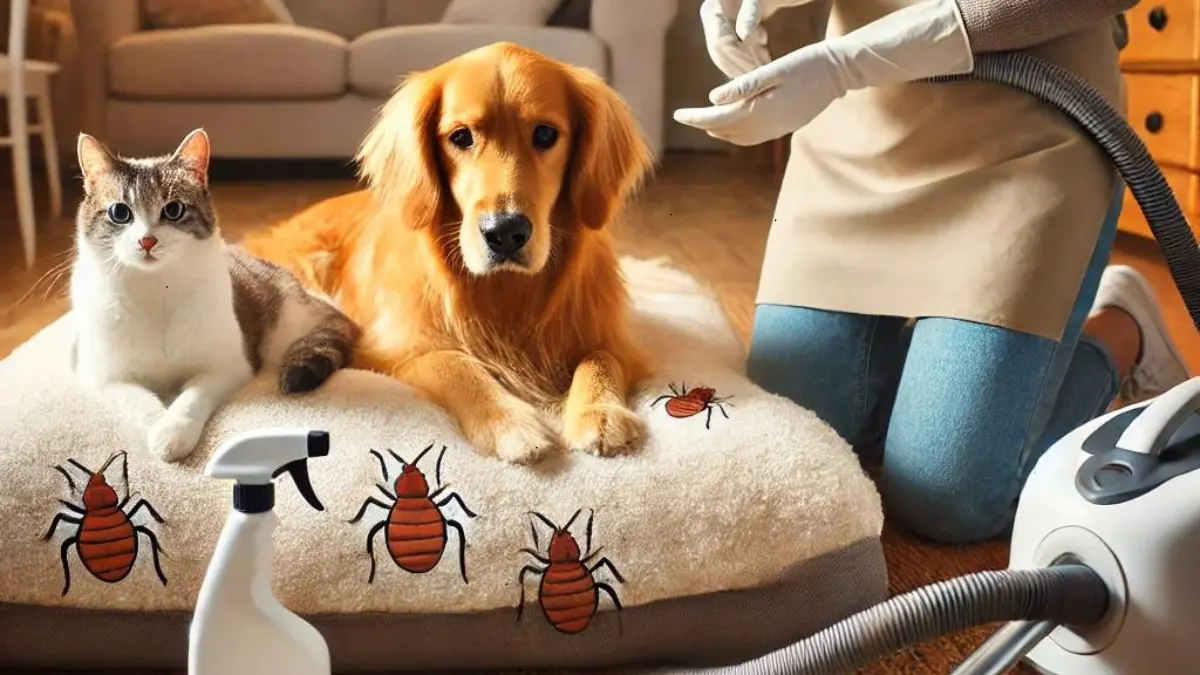Why Your Cat Might Not Be Eating and Is Down
It’s a distressing sight to see your beloved feline friend feeling unwell and not eating. When a cat loses its appetite and seems lethargic, it’s often a sign that something is amiss. Let’s explore some common reasons why your cat might be behaving this way and what you can do to help.
Common Reasons for Reduced Appetite and Lethargy in Cats
- Illness or Injury:
- Viral or bacterial infections: These can cause a loss of appetite and lethargy.
- Dental problems: Toothaches or gum disease can make eating painful.
- Digestive issues: Conditions like gastrointestinal upset, pancreatitis, or inflammatory bowel disease can impact appetite.
- Kidney disease: This chronic condition can lead to a decreased appetite and weight loss.
- Liver disease: Liver problems can also cause reduced appetite and lethargy.
- Diabetes: High blood sugar levels can affect appetite and energy levels.
- Cancer: Unfortunately, cancer can lead to a loss of appetite and weight loss.
- Stress and Anxiety:
- Medication Side Effects:
- Some medications can cause side effects like nausea or decreased appetite.
What to Do When Your Cat Isn’t Eating
- Observe Your Cat Closely:
- Consult Your Veterinarian:
- A professional can diagnose the underlying cause of your cat’s reduced appetite and lethargy.
- They may recommend blood tests, X-rays, or other diagnostic procedures.
- Provide a Comfortable Environment:
- Encourage Eating:
- Follow Your Veterinarian’s Instructions:
Remember: If your cat’s appetite doesn’t improve or if their condition worsens, seek veterinary attention promptly. Early diagnosis and treatment can make a significant difference in your cat’s recovery.
Keywords: cat not eating, cat lethargy, cat appetite loss, cat illness, cat anxiety, cat stress, cat dental problems, cat digestive issues, cat kidney disease, cat liver disease, cat diabetes, cat cancer, cat medication side effects, cat veterinary care.














